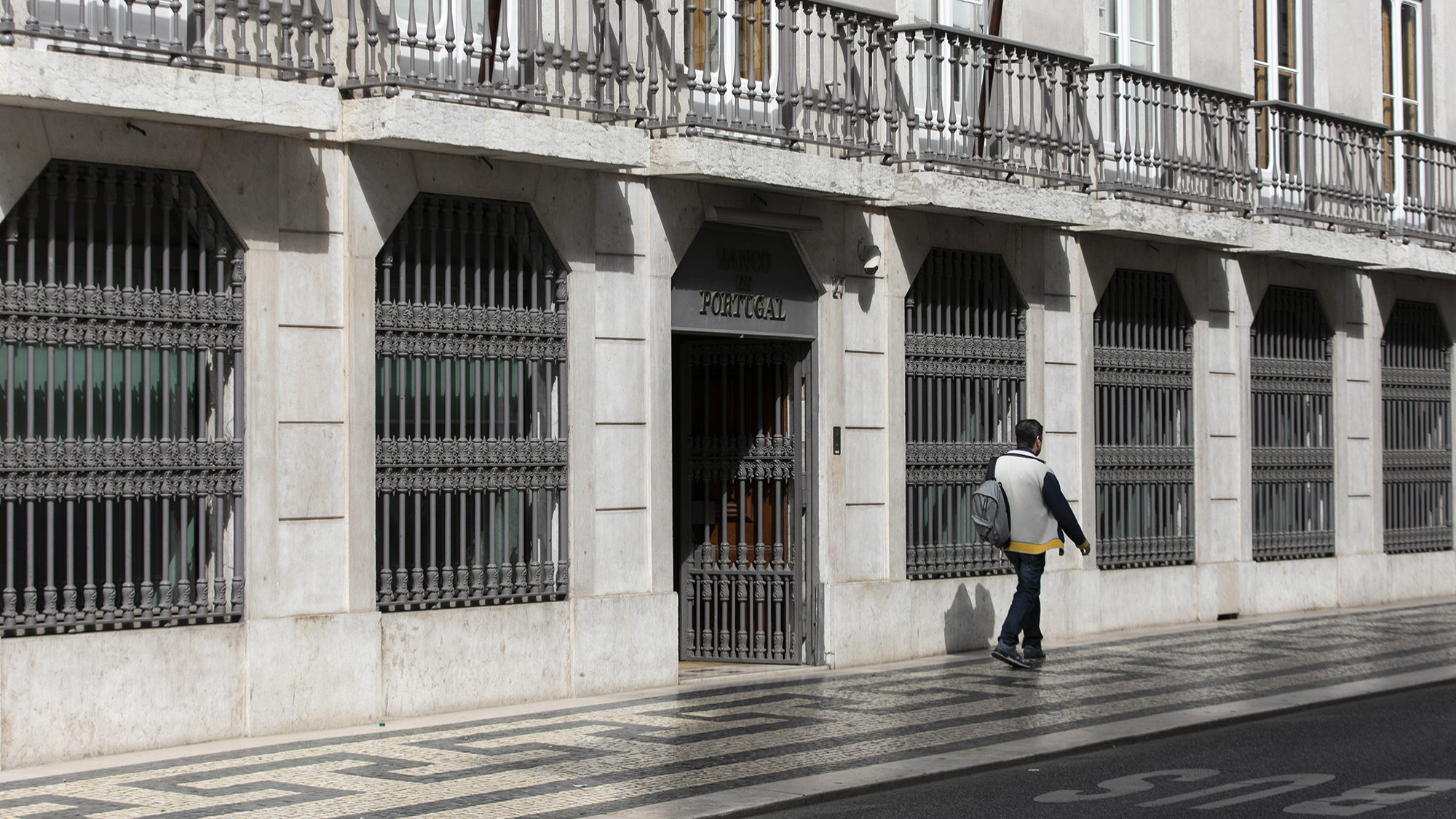Portugal receives more €524 million from EU’s SURE financial aid in H1
The cheapest funding Portugal has received from the SURE instrument will be complete with this tranche of €524 million, to be disbursed this year.
SURE, the European Commission’s employment support instrument, will lend an additional €524 million to Portugal in the first half of this year, making a total of €5.9 billion delivered in 2020, 2021 and 2022 because of the pandemic. This last tranche is provided for in the IGCP’s 2022 financing programme released on Tuesday. This programme has financed measures such as the simplified layoff, among others.
“The European loans of €1.2 billion correspond to €500 million relating to the SURE programme and the remaining €700 million to the Recovery and Resilience Facility,” clarifies an official source from the agency that manages public debt. These €500 million are in addition to the tranche of €3 billion in December 2020 and €2.41 billion in May 2021, for a total of €5.91 billion.
Later, an official source from the Ministry of Finance confirmed to ECO that “the 524 million euros foreseen for 2022 from SURE concerns the remaining amount of the initially approved 5.9 billion” and that “Portugal expects to receive the tranche during the first semester of 2022”.
This money serves to finance measures related to the pandemic (which remain in force in 2022), namely employment support and health expenses. In 2021, until November, Portugal spent 1,256.8 million euros in support for workers’ costs: 533 million with the extraordinary support for the progressive resumption of activity, 367.5 million with the simplified lay-off and 356 million with the incentive to normalisation, according to budget execution data released by the Directorate General of the Budget.
The loans with lower interest rates (in relation to the cost of financing in the financial markets of the Portuguese Republic) of the European Commission partially substitute the IGCP’s trips to the market, with the community executive playing this role, through guarantees provided by the States, subsequently lending to the countries that requested funds.
However, these bonds, which were issued as “social bonds”, will have to be repaid in the future. Later, Portugal will have to pay the European Commission for the European loan to be paid back – if any member state defaults, the other countries will have to compensate.
For example, the SURE sum received in December 2020, which had a 15-year maturity, will have to be repaid in 2035. There are two other lines: €1.5 billion with an eight-year maturity (2029) and €910 million with a 25-year maturity (2046).
This is the timetable currently envisaged against the issuance dates announced by the European Commission, but the SURE regulation clarifies that there may be changes over time. “Where appropriate, the Commission may renew the associated borrowings contracted on behalf of the Union”, reads the document published in the Official Journal of the European Union, which states that “at the request of the beneficiary Member State and where circumstances permit an improvement in the interest rate on the loan, the Commission may refinance all or part of its initial borrowing or restructure the corresponding financial conditions”.
The European Commission estimates that this financing will generate a saving of €242 million for the Portuguese State, compared to what the country would pay if it were to borrow on the financial markets. The average maturity of the debt is expected to be 14.6 years.


